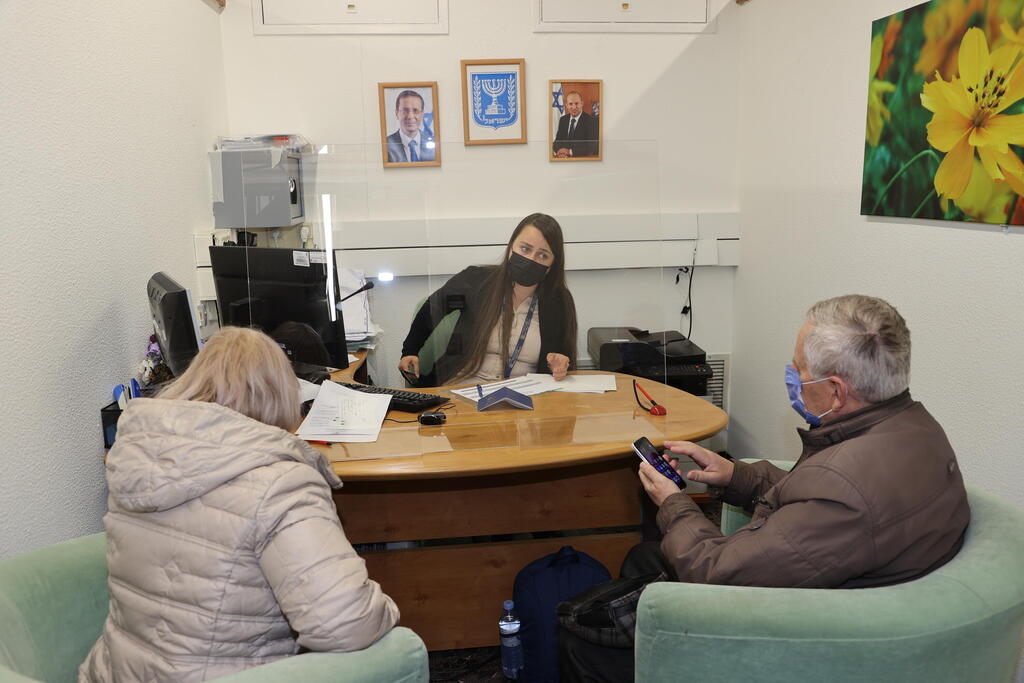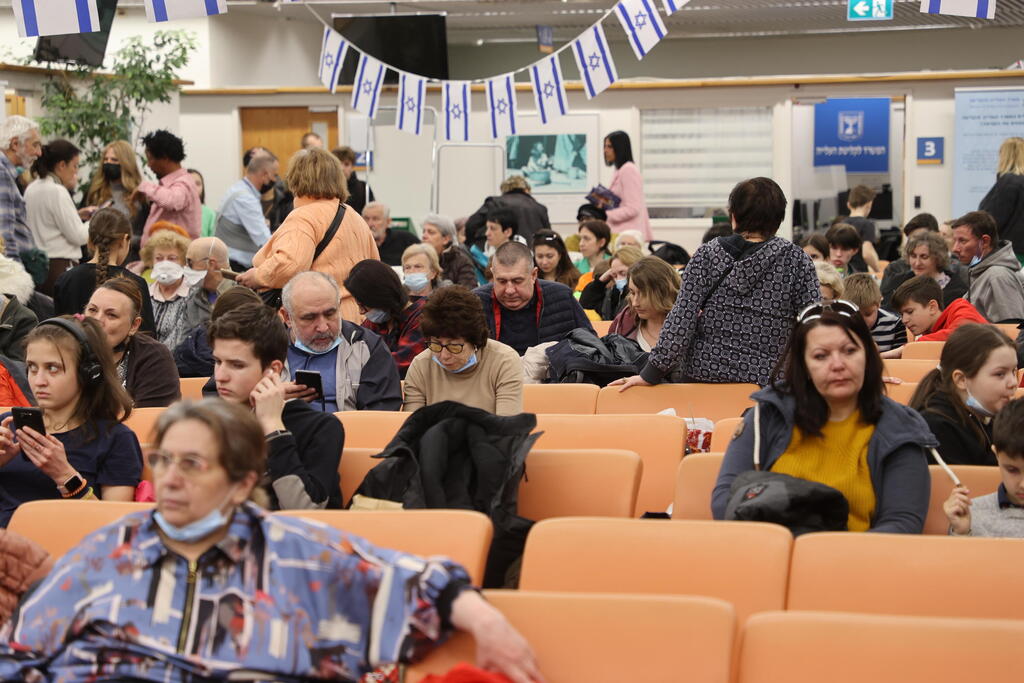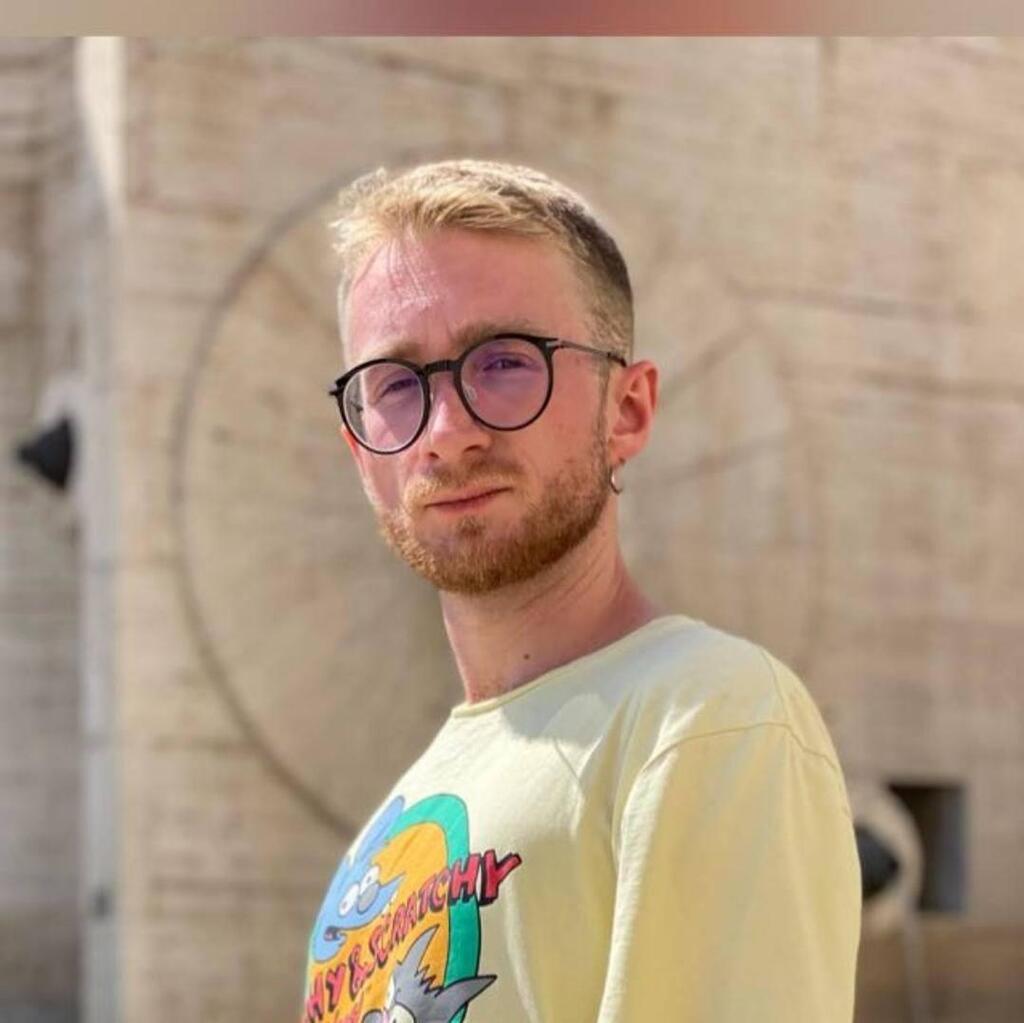Over 60,000 people made Aliyah since the Russian invasion of Ukraine began in February, but around a third have already left Israel, which begs the question — what stopped them from settling down in the Holy Land?
A study conducted by Bar-Ilan University and the One Million Lobby — a non-profit advocating for Israel's 1.2 million Russian speakers — found that over half of those who fled the conflict and chose to settle in Israel have yet to begin studying Hebrew at an ulpan months after arriving and that only one in every ten found employment in their profession.
While 93% of respondents said they see Israel as their new home, 44.8% of them said it would depend on how they integrate, with roughly the same percentage saying they're unable to afford a place to live.
The study points to language as the main hurdle for most immigrants to integrate into Israeli society as the country struggles with a severe shortage of ulpan classes and teachers.
As of November 2022, only 28% of respondents began or finished the first stage of their ulpan studies, another 25% are waiting for an opening, and 12% said they have given up on waiting.
In fact, only 6% of respondents said that they are not interested in learning Hebrew because they plan on leaving the country soon. The rest gave other problems such as employment, housing, and the need for online ulpan studies (which are not currently available in Israel).
While 70 new ulpan classes opened in November alone, that is far from answering for the rapidly climbing demand as 7,000 students are still waiting to start learning the language.
Mikhail Rakhlin, who made Aliyah from Moscow in September, says he still hasn't found an open spot at an ulpan. "Lines for ulpan are packed," he said. "I'll try the private option after the end of the year. In the meantime, I'm trying to study on my own. Without knowing the language, it is extremely difficult to find a job here."
Mila Khalafina, who arrived from Ukraine with her 3-year-old daughter, says she also struggles to find a spot at an ulpan.
"I waited four months for an ulpan in Tel Aviv. By the time I started, I had already run out of money and could not continue living in Tel Aviv, so I left ulpan and moved up north. There I found out unfortunately that I had to reapply. It just being everything to a halt while and I have a little girl to support that I'm raising alone."
Another major problem is that many Israeli employers do not recognize diplomas that were acquired in Russia or Ukraine, setting up yet another barrier to employment. While 80% of immigrants arrive in Israel with professions that have high demand in the labor market, such as high tech, economists, doctors and others, less than 10% of respondents say they found work in their profession.
Dima Tolkachov, who immigrated from Moscow in September, managed to find a job in high-tech thanks to his English skills, but still struggles to fit in without Hebrew.
"It's great that I found a job, but it's hard to do anything without speaking Hebrew. I tried to order a credit card and ended up ordering three, all of which I'm still paying fees for. It's frustrating," he says.
"I want to fit in here, but when I walk outside here and don't understand anything, I can't fit in. While I've decided to stay despite the difficulties, many chose not to."
While immigrants receive between NIS 20,000 to 30,000 per family to give them a "soft landing", they're still unable to speak even basic Hebrew by the time the funds run out. This creates a situation where immigrants who arrived in Israel with a stable financial status, find themselves struggling with money.
According to the study, 40% of immigrants think the sum they received upon arrival is not enough and 43% say they struggle to afford housing.
5 View gallery


Immigrants arrive at Aliyah Ministry station at Ben Gurion Airport
(Photo: Yariv Katz)
However, 79.4% of the respondents stated that they feel that Israel is successful in integrating new arrivals.
One Million Lobby founder and CEO Alex Rif says the findings of the study are deeply concerning.
"Israel is poised to lose tens of thousands of academics in jobs where they are needed the most," she says.
"They come here with some financial stability and we take it away from them. The incoming government must prepare a national emergency plan to accommodate all new arrivals."





